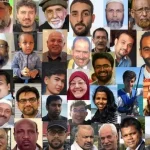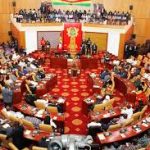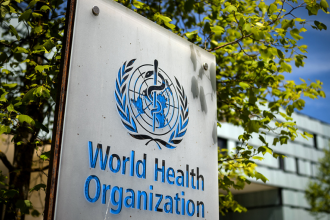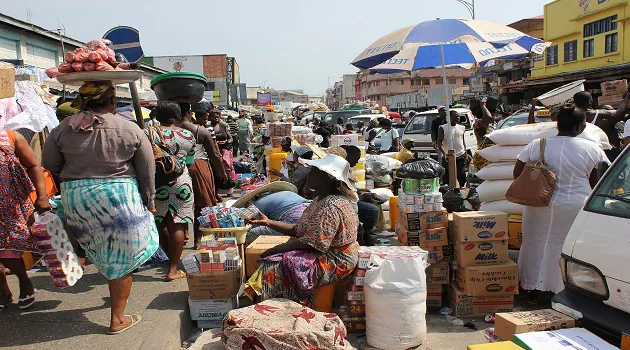I come from a village in the Adaklu District in the Volta Region.
I work in the Hospitality and Tourism sector and I am a trained youth leader participating in the Youth Leaders for Health programme which comprises 26 trained Youth Leaders across Ghana, Tanzania and Sierra Leone advocating for health systems strengthening and increased domestic resource allocation to end malaria in Africa.
COVID-19 is here with us amidst all other health issues, including malaria which still remains an issue of national, regional and global concern. Various preventive measures and public advocacy by media, youth groups, NGOs and others are in the right direction. However, the expected results can only be achieved if everyone makes it a point to follow preventive measures strictly.
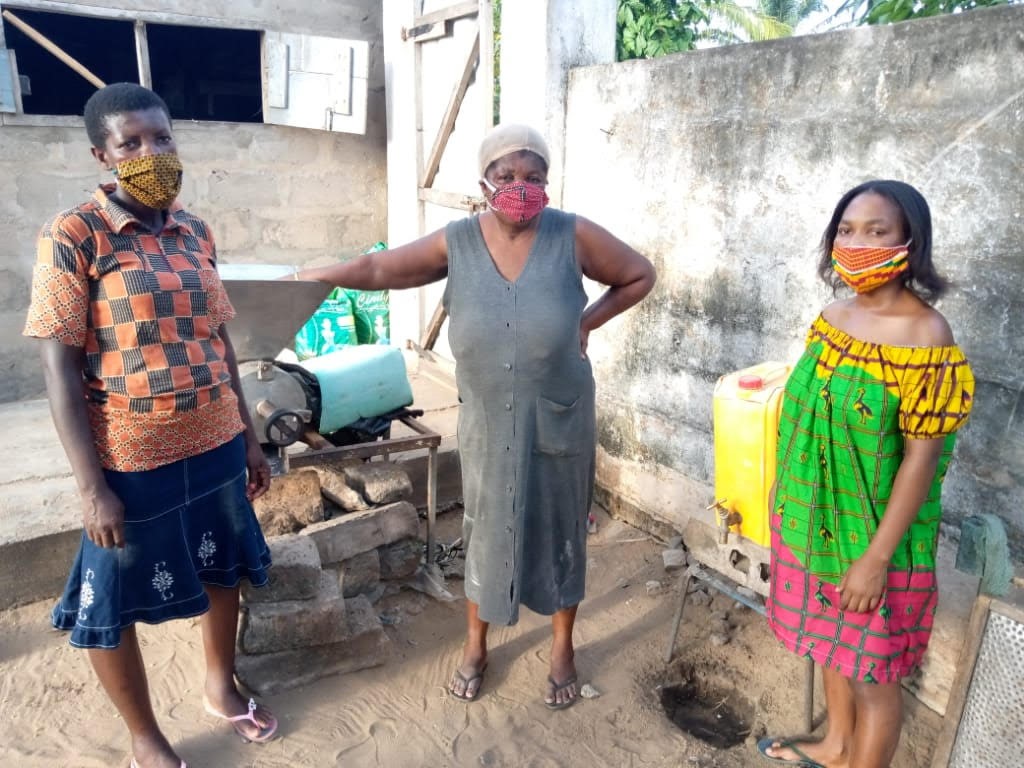
In my role as a youth advocate, I have mobilised a group of 15 young people across communities in the Volta Region and we routinely sensitise, inform, and educate community members. So far, we have interacted with 520 people over two weeks in the Kpetoe, Adaklu, Keta, Adidome, Anyarko, Hohoe, Sogakope and Ho communities through visits to homes, chop bars, small shops etc. We have conversations on the severity of the impacts of COVID-19 and the importance of safety protocols.
Each day, it becomes even clearer that behavioural change in the midst of COVID-19 is unpredictable, unsustainable and difficult. Examples:
There are people who constantly ensure they keep to the safety and hygiene protocols whilst some remain unconcerned.
Some people use mosquito nets to prevent malaria and others refuse to.
Some are reluctant to visit health facilities when they feel ill due to the fear of COVID-19.
There are already signs of stigma in some communities so that people wearing face masks are regarded as having COVID-19 or as strangers in the community.
Some people pick and choose from the various safety measures, based on what works best for them rather than their safety.
Some people wear face masks but do not practice social distancing etc.
In other areas, many people out of religious beliefs think that they cannot be infected by the virus and therefore see no reason for practicing various preventive measures.
Nevertheless, I believe sustained commitment is key.
The safety of a neighbour is our shared responsibility.
Let’s encourage our communities to carry on with preventive measures. As said by Dr. Peter Bujari, of Tanzania, ‘’Never say you know or have too little to make a difference’’.
My thanks to WACI Health, Results UK, Health Promotion Tanzania-HDT, Hope for Future Generations –Ghana and CISMAT – SL for their support.




